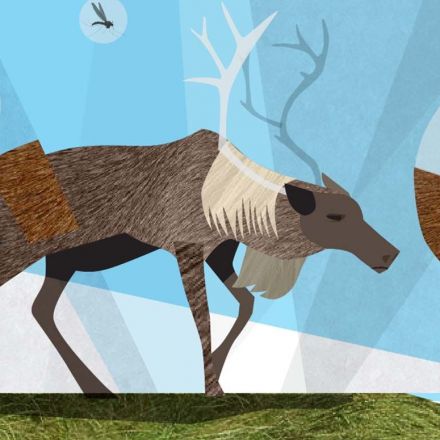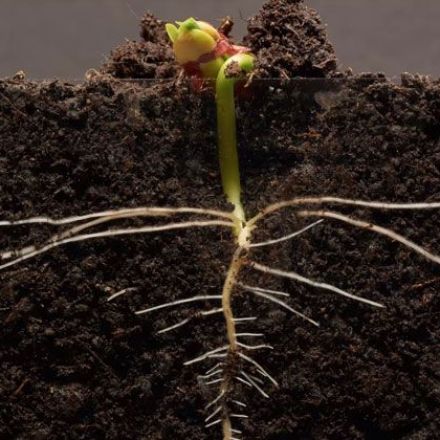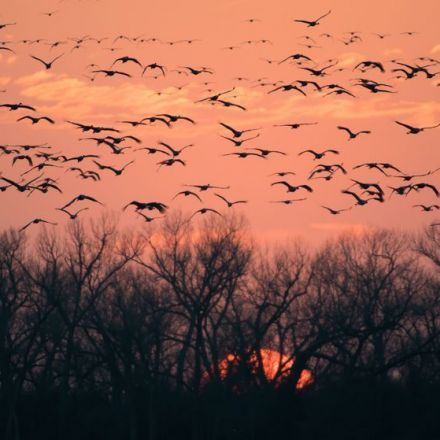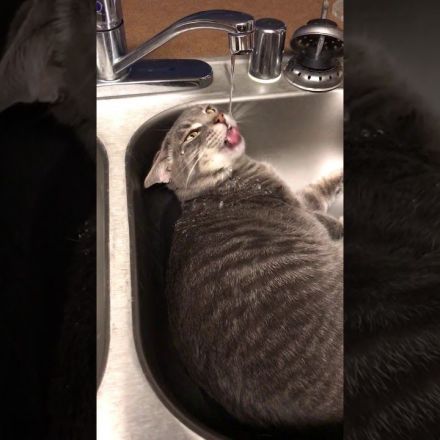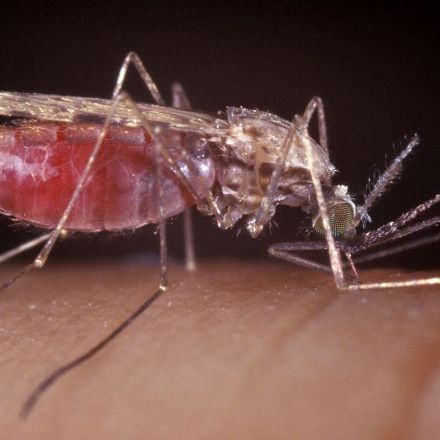
Saturday, 31 March 2018
What If A Drug Could Make Your Blood Deadly To Mosquitoes?
This is the environmental impact of your Easter egg
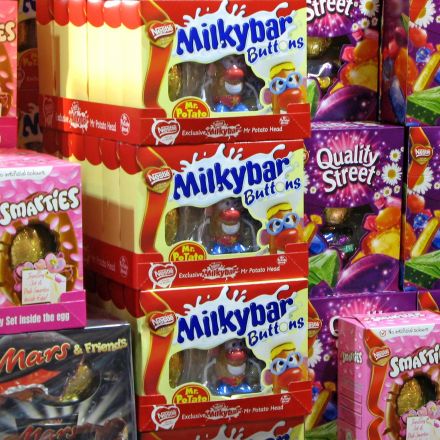
Friday, 30 March 2018
Wind and solar make more electricity than nuclear for first time in UK
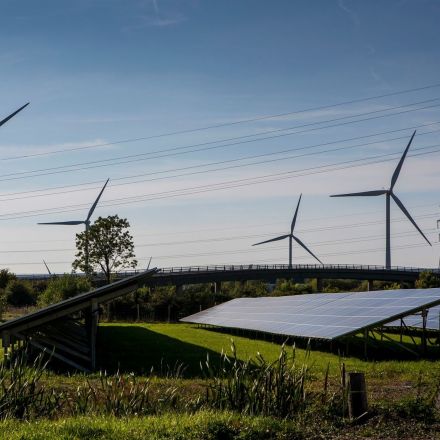
The world’s largest desert has got even bigger because of climate change
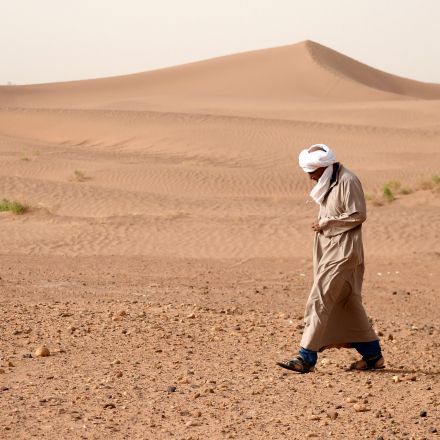
Thursday, 29 March 2018
Why Did a Venomous Fish Evolve a Glowing Eye Spike?
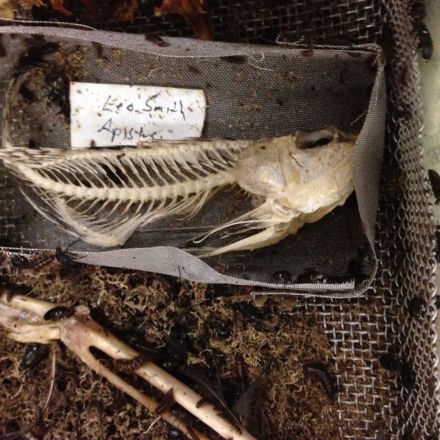
A major oil company just agreed in court that humans cause climate change. It sets a new precedent.
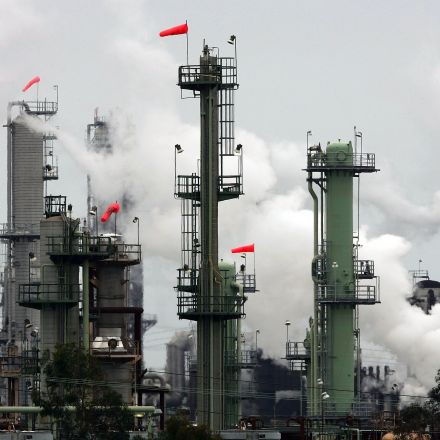
Wednesday, 28 March 2018
Why you might want to rethink chocolate eggs this Easter

Elephant 'smoking' footage baffles experts
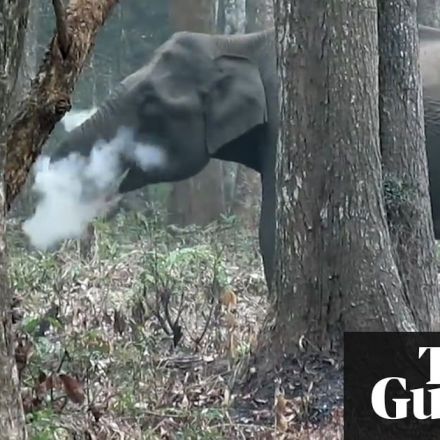
World lost 87 per cent wetlands in 300 years
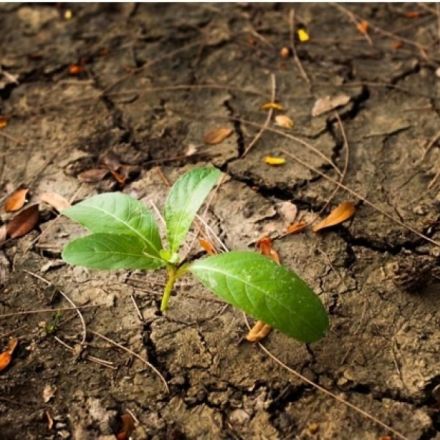
Cool-Season Tornadoes are Becoming More Common, Especially in “Dixie Alley”
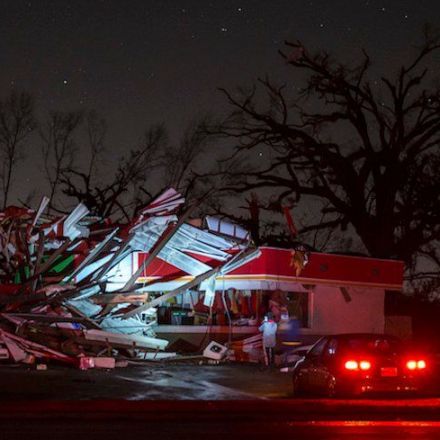
A Deserted, Pristine Stretch of the Amazon was Home to a Million Humans
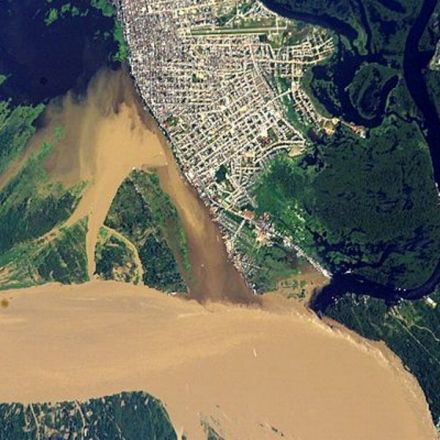
Lockheed Martin Now Has a Patent For Its Potentially World Changing Fusion Reactor
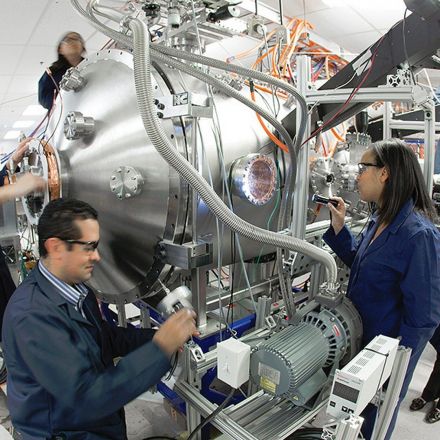
Tuesday, 27 March 2018
Hotting up: how climate change could swallow Louisiana's Tabasco island
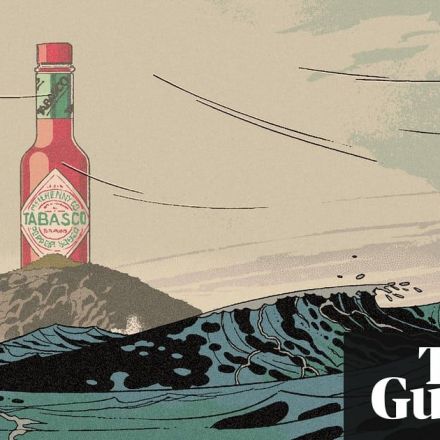
Arctic sea ice hits second-lowest winter peak on record
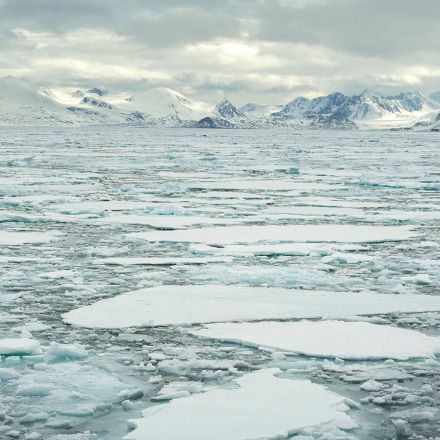
UN moves towards recognising human right to a healthy environment

The Paris Climate Accords Are Looking More and More Like Fantasy
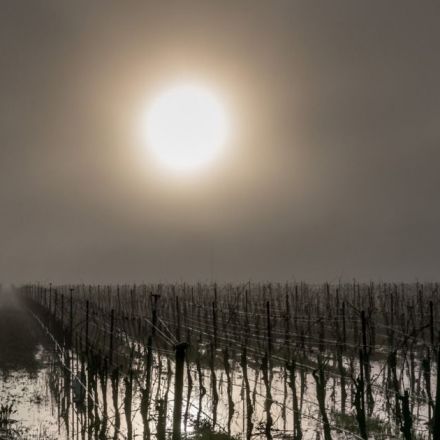
Study: wind and solar can power most of the United States | John Abraham
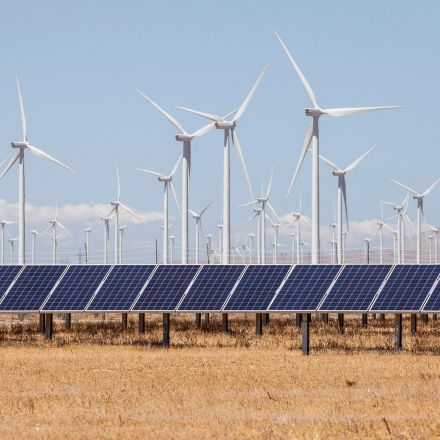
Forgotten poison: How cigarettes hurt the environment.
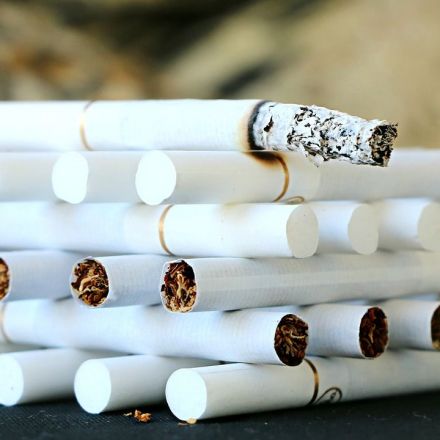
Monday, 26 March 2018
This blind, cave-dwelling fish can climb walls
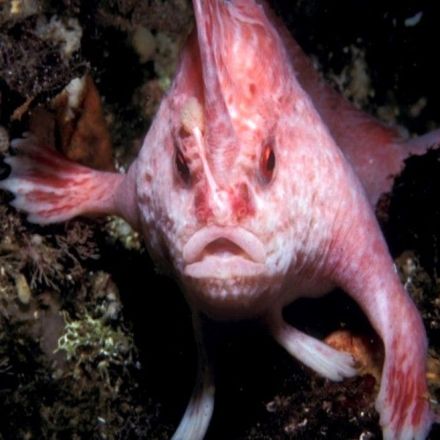
China’s building a rain-making network three times the size of Spain
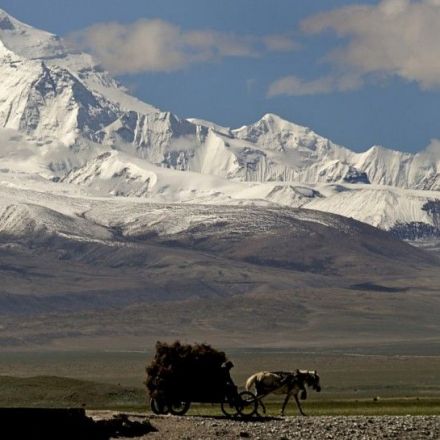
Elephant caught 'smoking' on camera leaves scientists baffled
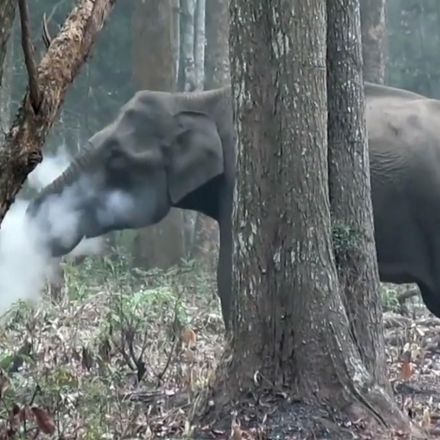
Lab accidentally created 'city' of 180,000 mice and experimented on them without permission
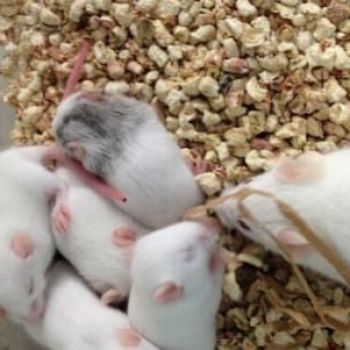
Sunday, 25 March 2018
The Small Scottish Isle Leading the World in Electricity

'Orange Snow' Baffles Eastern Europeans

Asia could run out of fish by 2048, UN reports
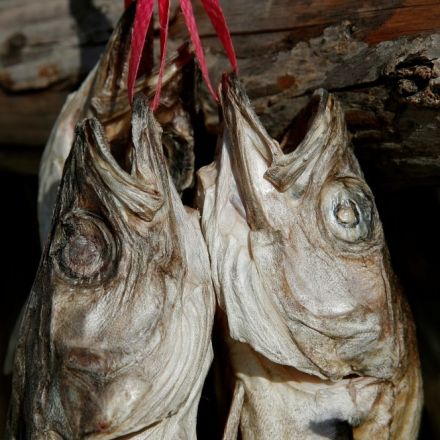
The Kingdom of Bantar Gebang

Landmarks go dark for 'Earth Hour'

With Operation Popeye, the U.S. government made weather an instrument of war
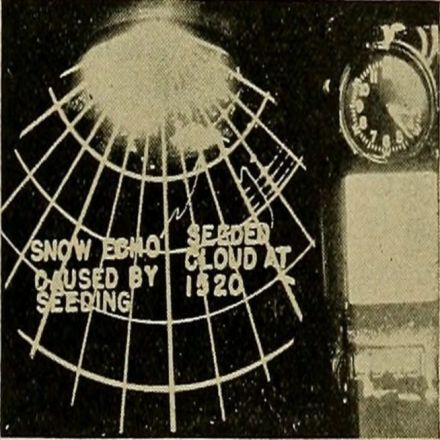
Saturday, 24 March 2018
Bio-Hackers Figured Out How to Inject Human Eyes With Night Vision, And It's Still Creepy as Hell

Friday, 23 March 2018
Do Children With Cats Have More Mental Health Problems?

Plastic in Pacific 'growing rapidly'
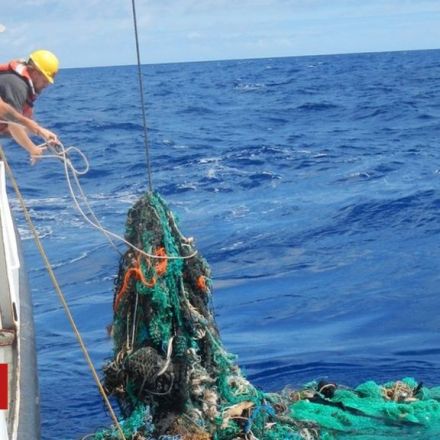
Thursday, 22 March 2018
San Francisco Becomes First Major US City to Ban Fur Sales
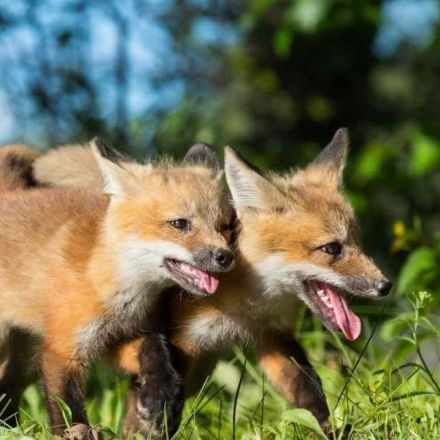
Great Pacific Garbage Patch weighs more than 43,000 cars and is much larger than we thought
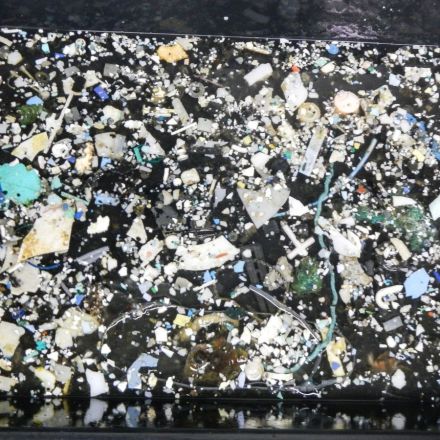
The Secret Cherry taking over Canada
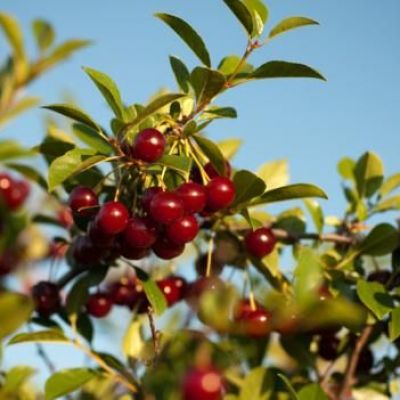
Wednesday, 21 March 2018
'Catastrophe' as France's bird population collapses due to pesticides
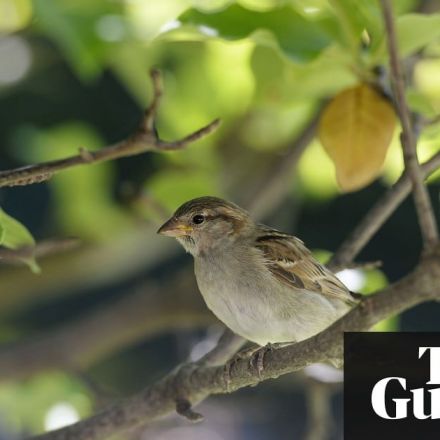
Welcome to Zucktown. Where Everything Is Just Zucky.
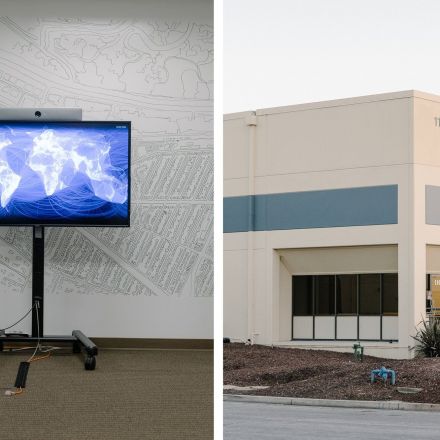
Tuesday, 20 March 2018
Plight of Phoenix: how long can the world’s 'least sustainable' city survive?
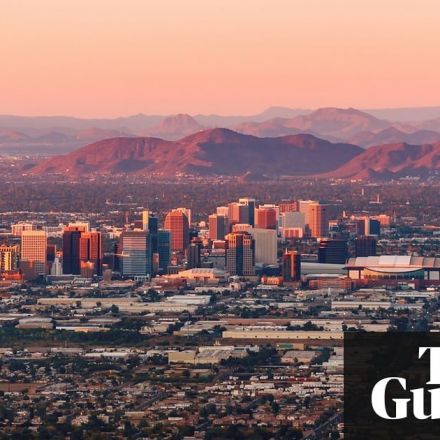
Marine heatwave set off 'carbon bomb' in world's largest seagrass meadow
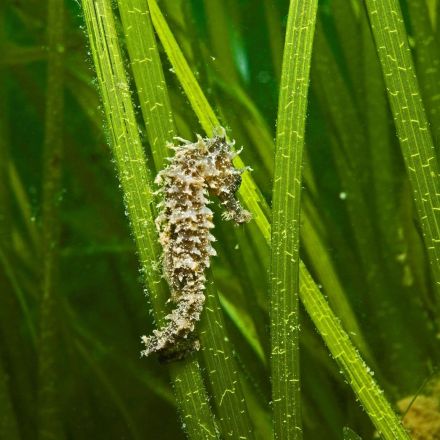
Water Shortages will put 5 Billion People at Risk by 2050, U.N. Warns
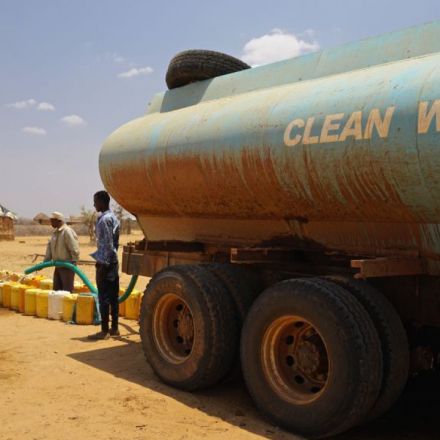
Water shortages could affect 5bn people by 2050, UN report warns
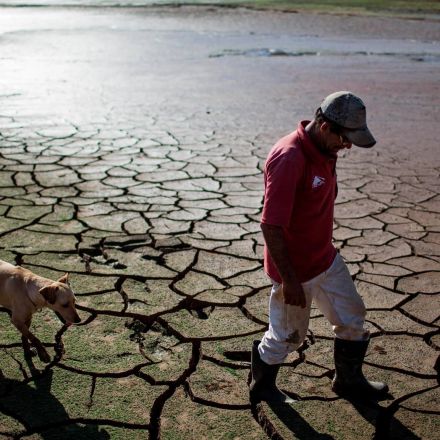
Bill Gates has a joint venture with China Nuclear Corp to build Traveling Wave Nuclear Reactor
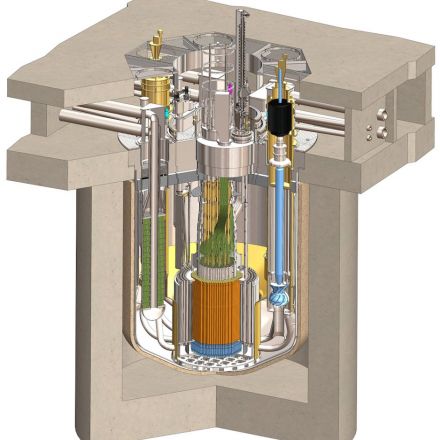
Are Lithuanians obsessed with bees?
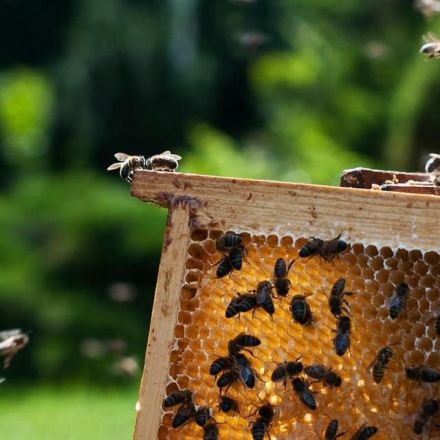
Monday, 19 March 2018
Mats made of active proteins soak up pollution

A Warning Cry From the Doomsday Vault
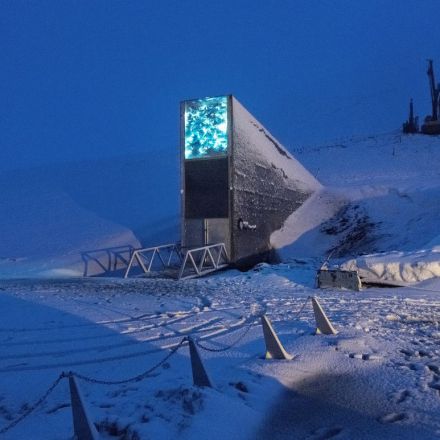
Animal Legal Defense Fund Sues Trader Joe’s for Deceptive Egg Carton Labeling
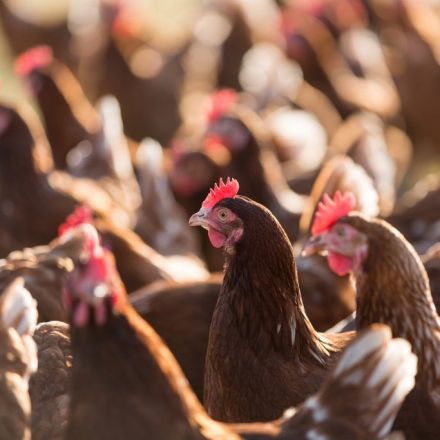
Subscribe to:
Comments (Atom)

